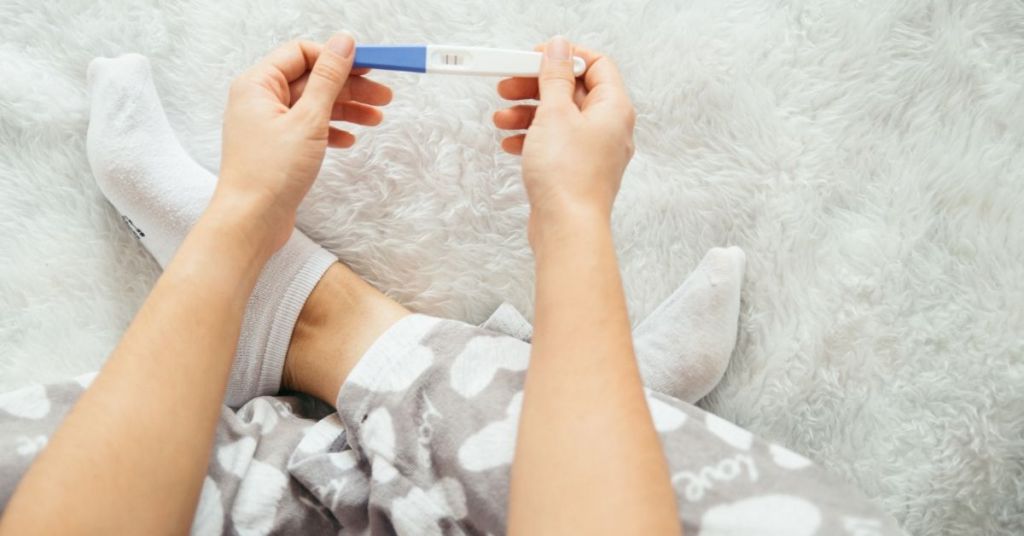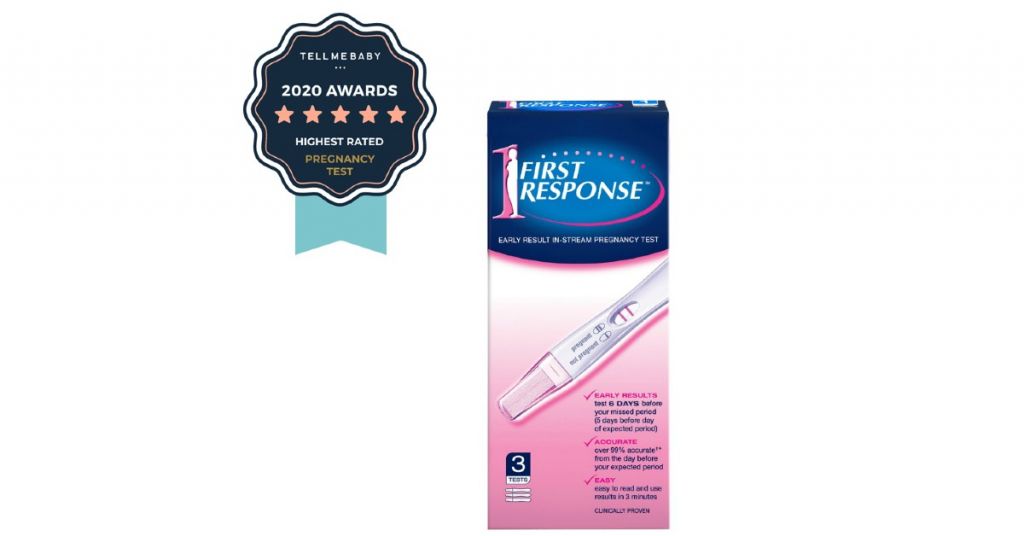Can a positive pregnancy test be wrong?

While pregnancy tests are pretty accurate, there are some instances when a pregnancy test will return a false negative or a false positive result.
How pregnancy tests work
To make it easier to understand how a false pregnancy result happens, it helps to know how the tests work.
At-home pregnancy tests check for a hormone in your urine called human chorionic gonadotropin (hCG). The hCG hormone increases once a fertilised egg implants in the lining of your uterus, and the placenta begins to form.
According to the Mayo Clinic, “During early pregnancy, the hCG concentration increases rapidly, doubling every two to three days.”
However, some variables that affect the timing of those hormone changes can change from month to month.
“Keep in mind that the timing of your ovulation might vary from month to month, and the fertilised egg can implant in the uterus at different times. This can affect the timing of hCG production and when it can be detected,” they Mayo Clinic adds.
How accurate are home pregnancy tests?
Better Health says at-home pregnancy tests “offer accurate readings (up to 97 per cent) if performed strictly according to the manufacturer’s instructions.”
Despite this, it’s still possible to get an inaccurate result – here are some possible reasons why.
What can cause a false negative pregnancy test?
You’ve taken it too soon
Taking a pregnancy test too soon is the most common reason for inaccurate results. The hCG hormone increases over time, so taking a test too early might mean your hormone levels aren’t yet high enough to be detected.
Better Health says: “Home pregnancy test kits vary in their sensitivity to hCG. Most test kits are best used about one to two weeks after your period was due.”
Diluted urine
If you’re planning on taking a pregnancy test, and you want the most accurate results, it’s believed it’s best to take the test in the morning. Your hCG levels are their highest after you wake up.
The pregnancy test has expired
Did you know that pregnancy tests can expire? Now you do. All tests have an expiration date on the packaging, so using an old test you’ve had in the back of your medicine cupboard might not be a good idea.
What can cause a false positive pregnancy test?

Chemical pregnancy
A false positive positive can happen because of something known as a chemical pregnancy. A chemical pregnancy occurs when the embryo is unable to implant in the uterine lining, or a pregnancy loss takes place soon after implantation. This can cause a rise in hCG levels, which can be detected in home tests.
It’s thought that chemical pregnancies are common, but many go undetected – unless a test is taken early. This is why it’s best to wait until after your missed period to take a test.
Ectopic pregnancy
A rare cause of a false positive pregnancy test, an ectopic pregnancy occurs when a fertilised egg implants itself outside the uterus – commonly in the Fallopian tubes. Sadly, an ectopic pregnancy can’t continue because there isn’t anywhere for the embryo to grow. The embryo will still produce the hCG hormone, which can be detected in home pregnancy tests.
Healthy WA has more information on signs and symptoms of an ectopic pregnancy and says that “if you experience these symptoms, you should see your doctor or visit your local hospital immediately.”
You’ve left it too long
We get it: a few minutes can feel like a long time when waiting to see the result of your pregnancy test. But waiting too long to read your test results could return a false positive thanks to an evaporation line caused by urine.
Medication
Taking certain medications may lead to a false positive pregnancy test result. According to Better Health, these include: “anticonvulsants, some fertility drugs, diuretics (fluid pills) and tranquillisers.”
Best pregnancy tests

So which pregnancy test is the best? When choosing a pregnancy test (no matter what brand you decide to use), make sure you read the instructions to get an accurate reading.
The Tell Me Baby community has rated the pregnancy tests they have tried. Based on their pregnancy test reviews, these are the top products our community loves. (You can also read pregnancy test comparisons to find the top products.)
Alternatively, the First Response Early Result In-Stream Pregnancy Test came highly rated and was the winner of its category for 2020 Tell Me Baby Awards. This test claims to be able to detect low levels of hCG in urine as early as five days before the day of your expected period.
One Tell Be Baby reviewer wrote: “After many years of doing IVF you get to know which pregnancy tests are most reliable. First Response is at the top of the list! I could probably own shares with the amount of money I’ve spend on these over the years. When we did finally fall pregnant, I had to keep testing just to make sure my baby was still growing. These gave me peace of mind during a time of high anxiety.”
Other pregnancy tests that our community have reviewed include:
- Clearblue Digital Pregnancy Test
- Clearblue Plus Pregnancy Test
- Pregnosis In-Stream Early Pregnancy Test
- Crystal Clear Pregnancy Test
Have an opinion about the pregnancy or baby products you’ve tried? Earn rewards by reviewing baby products from home – you’ll earn points that can be exchanged for vouchers at Coles, Target and Kmart! Sign up here to start earning.
Read more:













